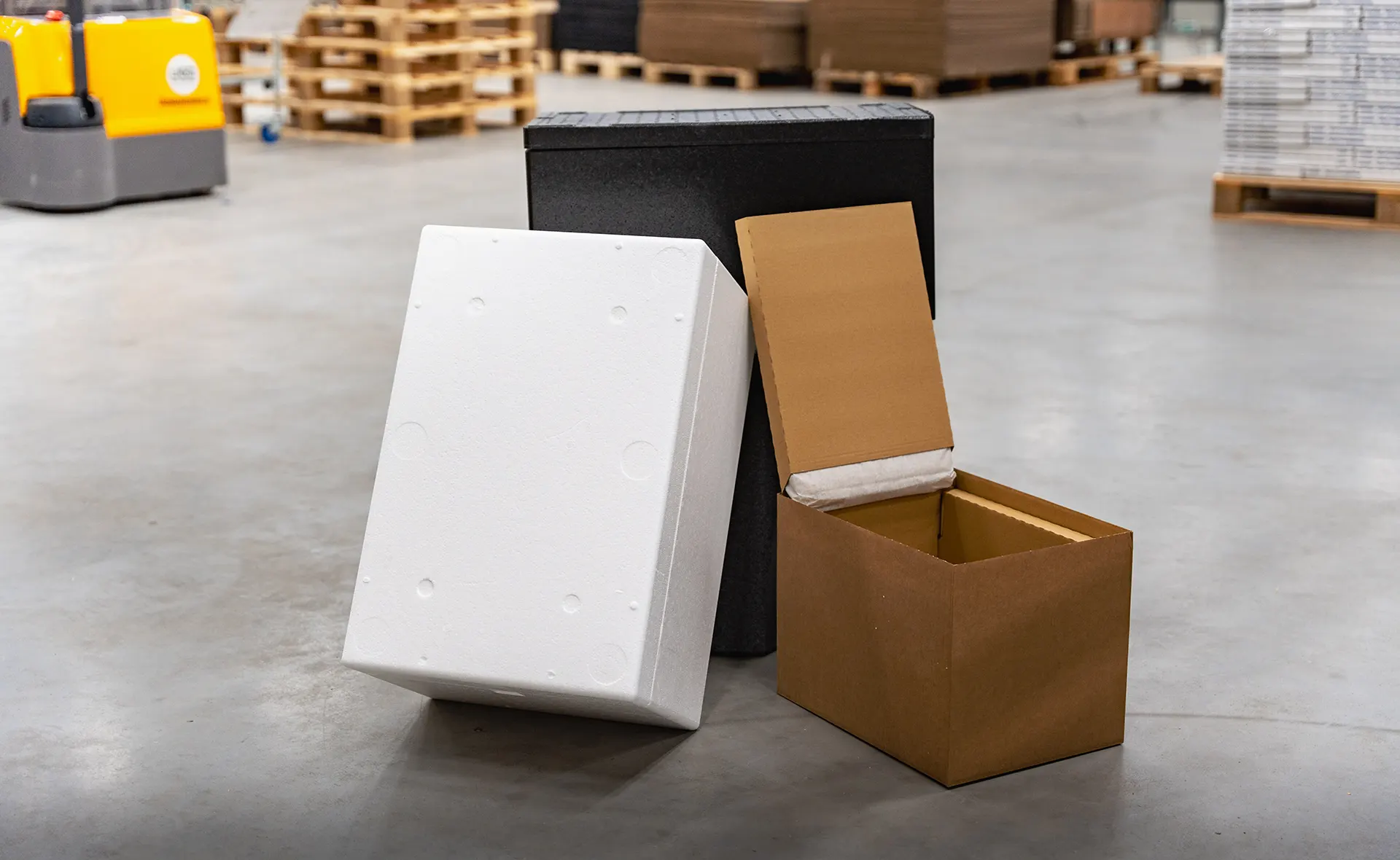The GDP (Good Distribution Practices) guidelines specify the logistical requirements for medicinal products for human use, as per an applicable European standard. This guideline is in place to safeguard quality of medicinal products, and within this context, among other factors, the temperature during storage and transport is a crucial factor. When changes were made to the GDP guidelines , a client that transports medicinal products was required to reassess its logistical processes. Read the case study below to learn how they reached an appropriate solution with Coolpack and by using PCM.

The Good Distribution Practices (GDP) is the element of quality assurance that safeguards the quality of medicinal products is maintained throughout all the stages of the distribution chain. Ever-more complex medicines are being produced that are ever-more sensitive to temperature fluctuations, rendering the stipulations surrounding medicinal product transport all the more stringent.
As such, two key components of the GDP guidelines are temperature conditions and temperature monitoring. For the customer it applies that the medication must stay within a 15 to 25°C temperature range, on both hot and cold days. Particularly challenging was stopping the medicinal products from becoming too warm. For this reason Coolpack examined, and proved, which transport solution would work best.
The client transports products on a decentralised basis to various store locations, that amount to around 10,000 deliveries per week. 200-400 products within that qualify as medicines for human use, and as such must comply with GDP guidelines. This means they must be transported for maximally 8-15 hours within a temperature range of 15 to 25°C.
As return flows come into play, Coolpack initially recommended the reusable EPP insulation box without a cooling element. This has a 46 litre capacity, is lightweight and easy to clean, plus features outstanding insulating properties. By deploying Phase Change Material in reusable cooling elements, a mobile temperature-controlled environment is created.
Coolpack recommended an element with PCM filling with a solidification point at +20°C. In order to validate how many heat elements were needed to attain the desired outcome, Coolpack had the solution substantiated by a team from Wageningen Food & Biobased Research.
For the validation by researchers from Wageningen University measurements were taken with 28 EPP coolboxes at three different ambient temperatures (25, 30 and 35°C) with the use of 1, 2 or 3 cooling elements. The measurements were taken under critical transport conditions. Per EPP coolbox the interior temperature was taken at two positions: under and above the plastic bag with dummy packaging.
Research showed that the EPP coolbox, together with a +20°C PCM temperature element of 1500 grams, comprised the ideal solution for the client. Accordingly, for many years now medicinal products have been transported under the right conditions as per this proven solution throughout The Netherlands, and in so doing, quality is safeguarded.
Interested in finding out more about a specific solution or what Phase Change Material could mean for our logistical challenge? Please get in touch. We are on hand to find the right solution for you.